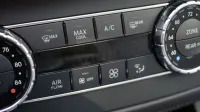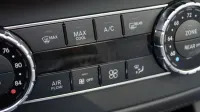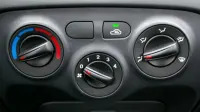EU affirms refrigerant is safe, Daimler still disagrees
R1234yf, the refrigerant jointly developed by Honeywell and Dupont that is being phased in as a replacement for R134a in Europe, is safe. So says a panel of scientists from the Joint Research Council, researching the refrigerant at the request of the European Commission. German automaker Daimler, though, disagrees with the finding, saying R1234yf can be toxic to humans when burned, according to Automotive News.











